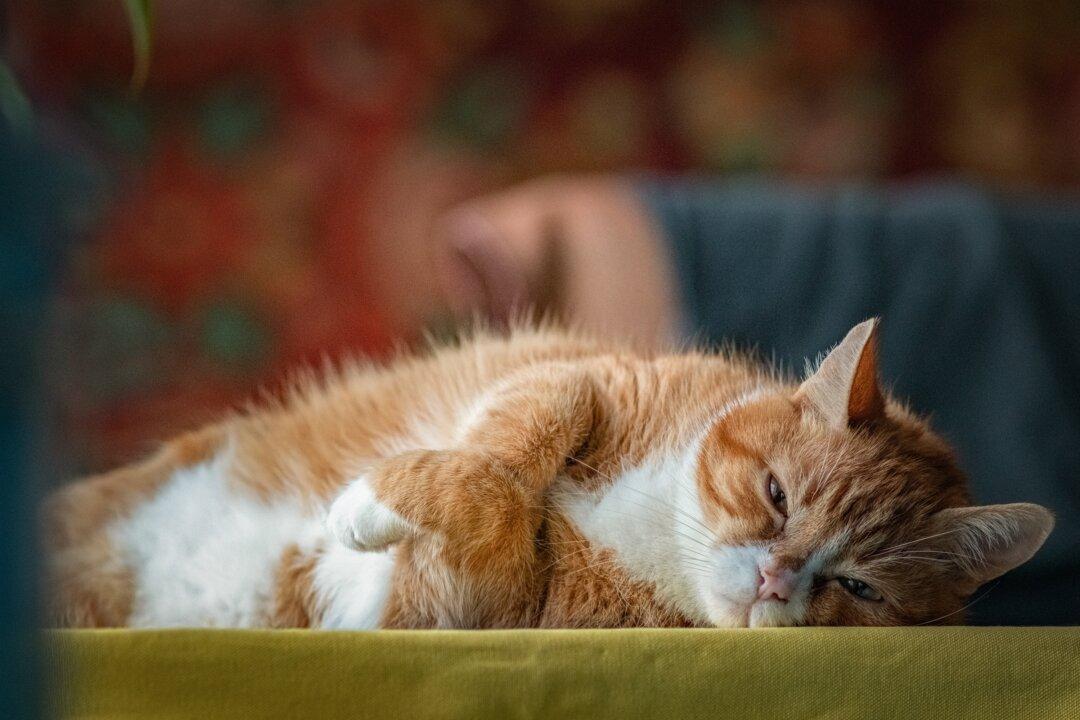Q: Codi, our 13-year-old cat, needs methimazole for his hyperthyroidism, but he won’t take it. I’ve tried crushing his quarter-tablet and mixing it with pilling treats and various wet foods mixed with a flavor enhancer, but nothing works. I’m at my wit’s end trying to get him to take his medicine. Any suggestions are welcome.
A: Hyperthyroidism, the most prevalent hormone imbalance in cats, becomes more common as cats age. Overactive thyroid glands produce excessive thyroid hormone, which revs up the metabolism, causing weight loss despite heightened appetite, as well as vomiting, diarrhea, increased drinking and urination, and behavior changes.





